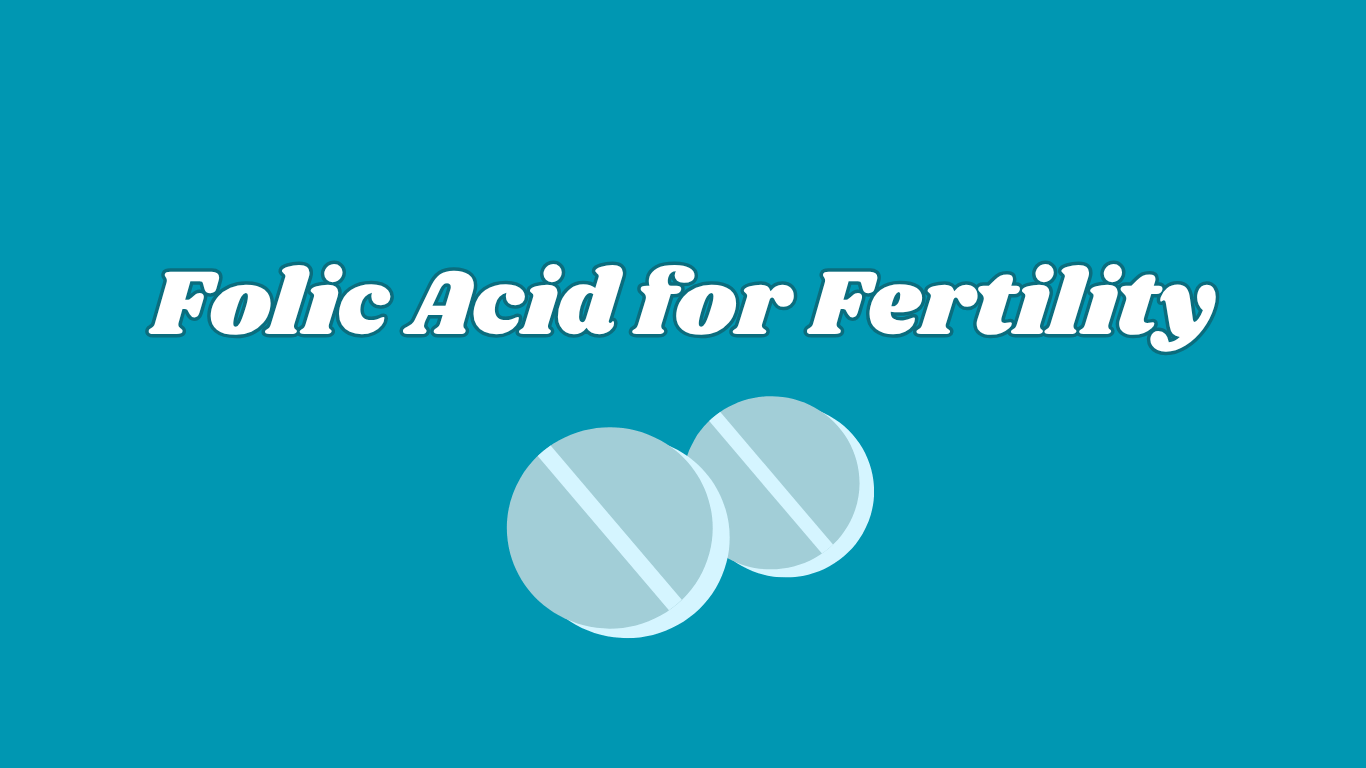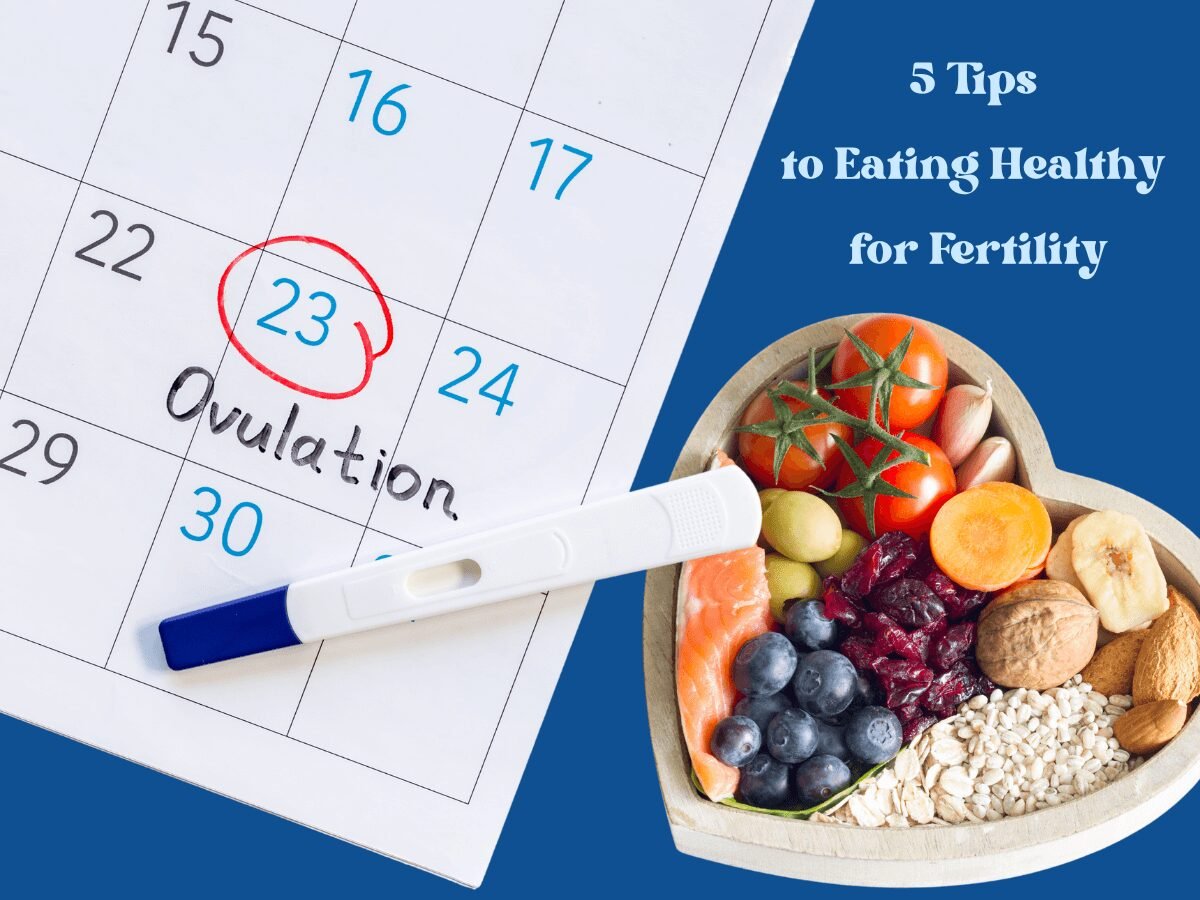There is a lot of discussion regarding folate supplementation for preconception and pregnancy. More specifically, regarding folic acid and methylfolate for prenatal vitamins. Trying to understand the difference between these two can be confusing. I went down a rabbit hole comparing folic acid and methylfolate for pregnancy. As parents to be, we just want to ensure we’re doing what’s right for a healthy pregnancy, and it’s unnerving to feel like you’re not taking the ideal prenatal vitamin.
This post will provide you with the differences between folic acid and methylfolate, and why there is discussion comparing the two in the first place. Let’s clear up the confusion about folate so you can move forward being well-informed.
Disclaimer: The information in this post comparing folic acid and methylfolate is not a substitute for professional medical advice. Be sure to discuss your options with your doctor to create the best plan for your needs!
Table of Contents
What is folate?
Folate, also known as vitamin B9, is an essential nutrient. It’s an “essential nutrient” meaning the body can not make it on it’s own so it has to be obtained from food sources and/or dietary supplements.
The term folate is often used interchangeably with folic acid and methylfolate, but they’re not the same.
- Folate – a natural form of folic acid
- Folic Acid – a man made form of folate
- Methylfolate – a type of natural folate
Natural folates are provided in food like liver and dark green leafy vegetables. Supplements contain either folic acid or methylfolate.
We always need folates for our general health, but especially when trying to conceive (TTC) and during the first weeks of pregnancy.
Why is folate so important when trying to conceive?
Folate is needed by all cells in our body. It is essential for processes like cell growth and DNA synthesis.
Folate is critical when trying to conceive and during pregnancy because it prevents neural tube defects (NTD). Folic acid is the only form of folate that has shown it helps to prevent NTDs.
What are Neural Tube Defects (NTDs)?
NTDs are serious birth defects of the brain, spinal cord, and spine. The neural tube forms in the first few weeks of pregnancy, which is why it’s so important to start taking it both before and during pregnancy!
The most common type of NTD is spina bifida, which means “split spine” in Latin. It occurs when the neural tube fails to close completely, usually resulting in paralysis of the nerves below the affected area of the spinal cord. This condition can cause leg weakness or paralysis, as well as issues like bladder and bowel dysfunction.
What is Folic Acid (FA)?
Folic acid (FA) is a man made form of folate. This means it can not be found in the natural world but is created by humans.
For prenatal supplementation and during the first weeks of pregnancy, folic acid is recommended.
Folic acid is more stable than folates found naturally in foods like vegetables because these folates stability are more variable. FA has been added to grain and cereal products in the United States and Canada since 1998 due to its ability to prevent neural tube defects.
To be used by the body, folic acid must go through metabolic processes to be converted to the biologically active form, methylfolate. This step is where the discussion regarding folic acid and methylfolate arrises.
What is Methylfolate?
Methyfolate is the naturally occurring, biologically active form of folate. It can be utilized by the body without going through metabolic steps like folic acid.
Other names for methylfolate you may see on supplement labels;
- 5-methyltetrahydrafolate (5-MTHF)
- L-5-methytetrahydrafolate
- 6S-5-methyltetrahydrafolate
Comparing Folic acid and Methylfolate
These are both forms of vitamin B9 so what is the big deal?
Basically, the body must convert all forms of folate, including folic acid, into methylfolate to be utilized by our bodies. This process that can vary in efficiency depending on individual genetics. This genetic difference is why there is discussion regarding these types of folate.
When you ingest folic acid, it must undergo several enzymatic processes to be converted into its active form, methylfolate. These processes are driven by enzymes coded by specific genes. Some people have a genetic mutation in the MTHFR gene. This causes the last enzymatic step in the pathway not to work as efficiently. As a result, less folic acid is converted into methylfolate.
To understand the MTHFR gene further, we need to learn a little more about genetics. For every gene we have, there is a copy from each parent. If you inherit the mutation from both parents, you are homozygous, which results in significantly reduced enzyme efficiency. If you inherit the mutation from only one parent, you are heterozygous, leading to moderately decreased enzyme efficiency. In either case, the mutation affects the enzyme’s ability to convert folic acid to methylfolate, with homozygous individuals experiencing the most significant reduction.
The most common variant of the gene is MTHFR 677C-T. The prevalence of having both copies of the mutation (homozygous) varies between racial/ethnic groups:
- Hispanics 25%
- Caucasians 10%
- Asians 10%
- African Americans 1%
So who would benefit from methylfolate?
- Likely people with a genetic mutation in the MTFHR gene since their bodies aren’t able to convert folic acid into it’s active form as effectively.
How do I know if I have the MTHFR gene mutation?
- These test aren’t routinely performed. The good news is that, regardless of whether you have this mutation, studies show that supplementing with the recommended intake of folic acid effectively increases folate levels to help prevent neural tube defects (NTDs).
What supplement of folate is recommended?
Folic acid is recommended over methylfolate by the American College of Obstetricians and Gynecologist, the CDC, and The Institute of Medicine. This is because folic acid has evidence showing it lowers the rates of NTD. The evidence is inconclusive for methylfolate.
So if the discussion around folic acid and methylfolate has made you paranoid about your prenatal vitamin with folic acid, stop stressing!
These mutations do cause lower levels of methylfolate, but through supplementation and the natural folates provided in your diet, you’re likely getting sufficient quantities.
However, you should always ask your doctor about any concerns or questions, especially if you’ve already had a child with NTD. Everyones medical history is different, and your doctor can give you their personal insights on folic acid and methylfolate to direct you to what is best for you!
Recommended Daily Folate Intake
It’s recommended to consume 400mcg of Dietary Folate Equivalents (DFE) at least 1 month before pregnancy, but ideally 3 months before pregnancy.
Once you’re pregnant, it’s recommended to take 600 mcg of DFE during the first 12 weeks of pregnancy.
DFE is used to provide the recommended daily allowance instead of mcg.
Listed below are some folate sources with DFEs provided per serving.
- Beef Liver ( 3 ounces) = 215 mcg DFE
- Boiled Spinach (1/2 cup) = 131 mcg DFE
- Fortified Breakfast Cereals = 100 mcg DFE
There isn’t as much information available about the exact equivalence of methylfolate compared to folic acid. However, one study I looked at stated 400 mcg of folic acid is relatively equal to 416 mcg of methylfolate.
Our Folate Vitamin Choice
As a pharmacist, I picked out the prenatal vitamins for my wife. At the time, I wasn’t aware of the debate about folic acid and methylfolate.
I chose the brand I like, Nature Made and moved on. Then I came across the discussions regarding methylfolate… I checked our vitamins and realized they contain folic acid. *Side note: this affiliate link may help me earn a small commission if you buy something through these links.*
I panicked a little! The thought of neural tube defects is terrifying, and I couldn’t help but worry I might have chosen the wrong vitamin to support my wife. This started my deep dive reading and comparing folic acid and methyfolate.
After everything I’ve reviewed, I’m content with our vitamin choices. Folic acid is still what is recommended based on current evidence. Also, even if my wife has a MTHFR gene mutation, studies show supplementing with the recommended dose of folic acid effectively increases folate levels.
If you feel like methyfolate is a better option for you, discuss this with your doctor. Disclaimer again here… this post is provided as a resource for information/education. It does NOT replace medical advice from your doctor!
If you want to stay connected with me, sign up for our newsletter below to be notified when new posts are released!
Resources
- CDC.gov Folic Acid
- NIH.gov Neural Tube Defects
- NIH.gov Folate
- ACOG.org Nutrition During Pregnancy
- Harvard.edu Folic Acid Fortification
Clinical Studies
- Carboni L. Active Folate Versus Folic Acid: The Role of 5-MTHF (Methylfolate) in Human Health. Integr Med (Encinitas). 2022 Jul;21(3):36-41. PMID: 35999905; PMCID: PMC9380836.
- Caudill MA. Folate bioavailability: implications for establishing dietary recommendations and optimizing status. Am J Clin Nutr. 2010 May;91(5):1455S-1460S. doi: 10.3945/ajcn.2010.28674E. Epub 2010 Mar 10. PMID: 20219964; PMCID: PMC2854911.
- Crider KS, Qi YP, Yeung LF, Mai CT, Head Zauche L, Wang A, Daniels K, Williams JL. Folic Acid and the Prevention of Birth Defects: 30 Years of Opportunity and Controversies. Annu Rev Nutr. 2022 Aug 22;42:423-452. doi: 10.1146/annurev-nutr-043020-091647. PMID: 35995050; PMCID: PMC9875360.
- Graydon JS, Claudio K, Baker S, Kocherla M, Ferreira M, Roche-Lima A, Rodríguez-Maldonado J, Duconge J, Ruaño G. Ethnogeographic prevalence and implications of the 677C>T and 1298A>C MTHFR polymorphisms in US primary care populations. Biomark Med. 2019 Jun;13(8):649-661. doi: 10.2217/bmm-2018-0392. Epub 2019 Jun 3. PMID: 31157538; PMCID: PMC6630484.
- Yvonne Lamers, Reinhild Prinz-Langenohl, Susanne Brämswig, Klaus Pietrzik, Red blood cell folate concentrations increase more after supplementation with [6 S]-5-methyltetrahydrofolate than with folic acid in women of childbearing age, The American Journal of Clinical Nutrition, Volume 84, Issue 1, 2006, Pages 156-161, ISSN 0002-9165.

Folic Acid for Fertility: What’s recommended?

5 Must-Haves For Starting Your Fertility Journey

10 Healthy Breakfast Ideas for Fertility

